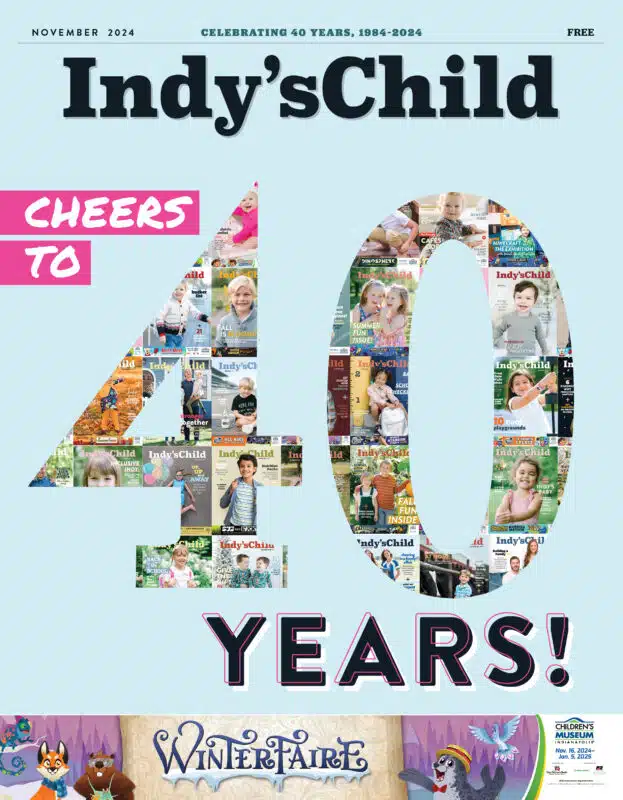Imagine a beautiful classroom filled with children who are fully absorbed in the activities that interest them most. The setting is inviting, independent and promotes a strong sense of community. Children of different ages help each other throughout the day with various pursuits. You’ve just described a typical Montessori day.
Who was Maria Montessori?
Italian-born Maria Montessori (1870-1952) was a woman who wore many hats: educator, physician and innovator, she is acclaimed for the educational method she developed that focuses on encouraging the way a child naturally learns.
Montessori opened her first school in Rome in 1907. She then traveled the world and extensively wrote and shared her message about her philosophy of education. Today there are over 22,000 Montessori schools in at least 110 countries, all concentrating on a child-centered approach to learning.
Hallmarks of the Montessori method
According to the American Montessori Society, there are several components that must be in place for a program to be considered a true Montessori setting:
The classroom is prepared in such a way that the child makes use of what the environment offers to develop himself, interacting with the teacher when he needs support or guidance. (Source: www.amshq.org)
What should you consider when looking at Montessori schools?
Amanda Bennington, Owner and Lead Teacher at Village Montessori School, says, “The credentials of the teacher and school are very important when choosing a Montessori environment. Parents want to make sure the lead teacher is either AMS (American Montessori Society) or AMI (Association Montessori Internationale) certified, and the school itself is affiliated with one of these organizations to get the most authentic approach. An important question to ask when looking at schools is if they are able to truly give the children an uninterrupted three hour work cycle each day. Sometimes this can be difficult due to special activities like music, art or recess, but these should all be incorporated in the work cycle for the children to choose at their own will.”
Are all children good candidates for Montessori? Bennington believes so. “Because the Montessori approach comes from a scientific angle completely embracing child development, most Montessorians believe it should fit well for any child if done authentically. This is one of the reasons why it is so important to make sure the teacher and school is affiliated with one of the major Montessori organizations – AMS or AMI.”
Jamie Sellhorn, Founder and Director of Education at Montessori Garden Academy adds:
“Montessori is an individualized approach to education and works well for almost all children. For children to be successful at a Montessori school though, parents must share a similar philosophy of supporting the child’s independence. If a child’s home life is very rigid and adult directed, it can be a challenge for that child to be successful in a Montessori classroom. I highly encourage parents to observe the classroom that their child will be enrolled in for at least an hour before enrolling. Also, ask for references of families that have children enrolled that are a similar age/gender as your child. Contact these families and ask them about their experiences at the school.”
Finding the right educational setting for your child can mean the difference between tolerating school or truly thriving in it. If a Montessori school is something you’re interested in exploring for your son or daughter, research the philosophy behind the approach, talk with friends or neighbors who may have their children enrolled and visit various schools to ask your questions in person.
“Free the child’s potential, and you will transform him into the world.” – Maria Montessori







